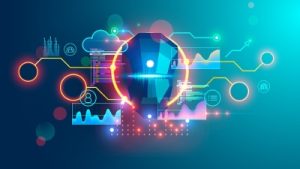
Technology is reshaping the way we deliver and receive healthcare--and with the pace of technological innovation, this impact is not likely to slow down. Below are several areas that are poised for growth in 2025, and deserving of focus.
Telehealth
The exponential growth of telehealth since COVID-19 shows no sign of slowing. Though Medicare reimbursements and allowances for telehealth are still up in the air pending the passing of a federal budget, healthcare organizations of all sizes continue to invest in telehealth technology and equipment. The practice of telehealth has evolved from initial virtual consultations to ongoing remote patient management, where clinicians can continually monitor vitals of patients and intervene when numbers get out of normal ranges. This is revolutionizing the way that people live with diabetes, hypertension, COPD, and other chronic conditions. The expansion of telehealth also addresses the accessibility gap for people unable to get to regular appointments, including those living in rural areas. Continue reading





